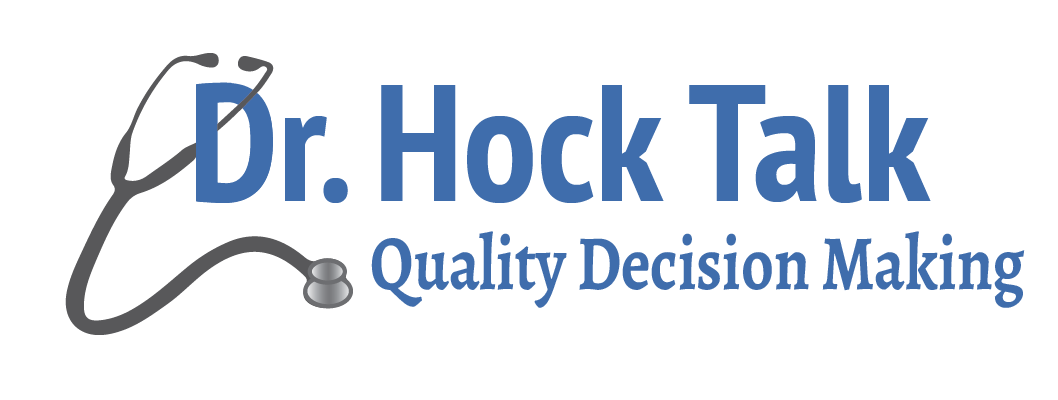Prognosis
Prognostication: Tools to Determine How Much Time a Patient May Have
Understanding prognosis is essential for making appropriate decisions near the end of life. Whether the timeframe is hours, days, or months, knowing what to expect helps families and guardians align treatment with the patient’s values and goals.
About Prognostication
Dr. Leonard Hock brings clarity and compassion to a subject that is often emotionally overwhelming and medically complex. With decades of clinical experience in internal medicine, geriatrics, and hospice/palliative care, he offers:
- Expert medical insight into disease trajectories and expected outcomes
- Clear communication of likely timelines for illness progression
- Support for critical decision-making during moments of uncertainty
- Education for professionals and families to better interpret the realities of decline
Why Prognosis Matters
Knowing the expected course of illness changes how we care. It helps answer:
- Is this person nearing the end of life?
- Are feeding tubes, IV hydration, or surgery truly beneficial—or burdensome?
- Should we continue aggressive treatment, or focus on comfort and peace?
- What decisions need to be made now, and which can wait?
A clear, medically-informed prognosis empowers guardians and families to act with confidence and compassion—instead of reacting in fear or uncertainty.
For Guardians & Elder Law Attorneys
Guardians and attorneys are often placed in the difficult position of making or advising on care decisions. Dr. Hock’s consultations offer:
- Medically grounded timeframes to support ethical and legal decisions
- Guidance to assess whether interventions are beneficial or burdensome
- Documentation to mitigate liability and explain actions to courts or stakeholders
For Healthcare Workers and Hospitals
Prognosis is essential to discharge planning, appropriate referrals, and family communication. Dr. Hock provides:
- Bedside evaluations and consultations
- Collaboration with hospital teams, case managers, and ethics committees
- Educational sessions to train providers on prognostic indicators and conversations
In palliative care, one of the most important—and most difficult—questions is:
“How long does my loved one have?”
Prognosis is not about predicting the exact moment of death. It’s about understanding the likely course of a serious illness so that patients, families, guardians, and care teams can make informed, compassionate decisions—before a crisis forces them to act out of fear, guilt, or confusion.
At the heart of our prognosis consultation services is this goal:
To align care decisions with medical reality and human dignity.
How We Support You
Dr. Leonard Hock provides expert consultation in prognosis for:
- Guardians and Health Care
- Surrogates
- Attorneys and Elder Law Professionals
- Physicians, Nurses, and Hospital Staff
Providing:
- Consultation on clear, compassionate communication of medical status
- Guidance in evaluating the likely trajectory of illness
- Help in aligning medical interventions with goals of care
- Education on the difference between living and dying processes
- Support in translating prognosis into legal and ethical decisions
Let’s Talk About What’s Next
Whether the time is short or the outlook uncertain, prognosis is your starting point for compassionate, goal-aligned care. We’re here to help you make decisions rooted in medical facts, not emotional chaos.
